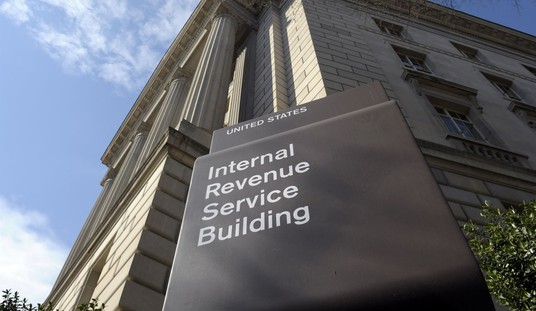What is it about politicians in Washington that they just can't stand progress or the thought of anyone getting rich?
That's the attitude of many Democrats in Congress as they try to cripple the private equity and venture capital industries with higher tax rates. These financers are some of the most dynamic risk-takers on the economic playing field. They are disrupting the old stodgy banking and Wall Street financing networks.
The PE and VC track records in funding small businesses and turning them into the future gazelles is almost a uniquely American success story.
But now, thanks to the industry's winning track record in saving companies and jobs and making people rich, Washington thinks they are doing TOO well and wants to raise the tax rate on the industry by nearly 50%.
They want to slay the goose that's been laying golden eggs for decades.
How golden? Last year alone, PE firms invested $350 billion of risk capital in companies ranging from everyday manufacturing to construction to cutting-edge artificial intelligence.
These investment firms don't just provide the flow of dollars; they provide the critical management expertise that enables the firms to thrive. Academic research has shown that when companies take private equity investments, they are more innovative and rise in value.
They employ 13.3 million people in the United States while generating $1.1 trillion in wages and contributing $2 trillion to the nation's gross domestic product. They also contribute $223 billion in federal tax revenue.
For investors, such as pension funds and foundations, returns have been generally higher from PE and VC funds than from investing in publicly traded stocks.
Recommended
How are these deal-makers villains? You'd have to ask Bernie Sanders and Alexandria Ocasio-Cortez.
When PE and VC firms invest in companies and add value to their operations, they take a portion of the gains. This "carried interest" arrangement aligns the incentives of the new investors with the old. When these firms succeed in creating significant new shareholder value, they are well compensated.
No one in the industry has a problem with this. But some Democrats in Congress want to charge the investors personal income tax rates of up to 39.6% instead of the 24% capital gains tax.
A new study by Charles Swenson, a professor at the University of Southern California, shows that implementing the tax changes being pushed by Democrats would trigger nearly 700,000 job losses in the private funds industry over a 10-year period, as well as "a long-run net annual loss of up to $9.93 billion in Federal tax revenues."
That's right. The proposal could LOSE revenue for the Treasury.
Some in Congress complain that these investors are really raiders overly focused on get-rich-quick schemes, including selling off the assets and closing businesses. That happens sometimes with fraudsters, but it's the exception, not the rule.
The entire structure of the PE investment is to reward long-term success due to the equity feature of the terms. As part of the 2017 Trump tax cut deal, the industry agreed to a three-year holding period of the stock for the managers of these funds to qualify for the lower capital gains treatment on the appreciated value of the companies they invest in and advise.
In most stock acquisitions, the holding term is only one year for capital gains tax treatment.
This provision was a fair compromise and should be made permanent, just as the entire Trump tax reforms of 2017 should. The goal of the Trump 2.0 tax bill should be to encourage more investment by keeping tax rates low and not raising them.
























Join the conversation as a VIP Member